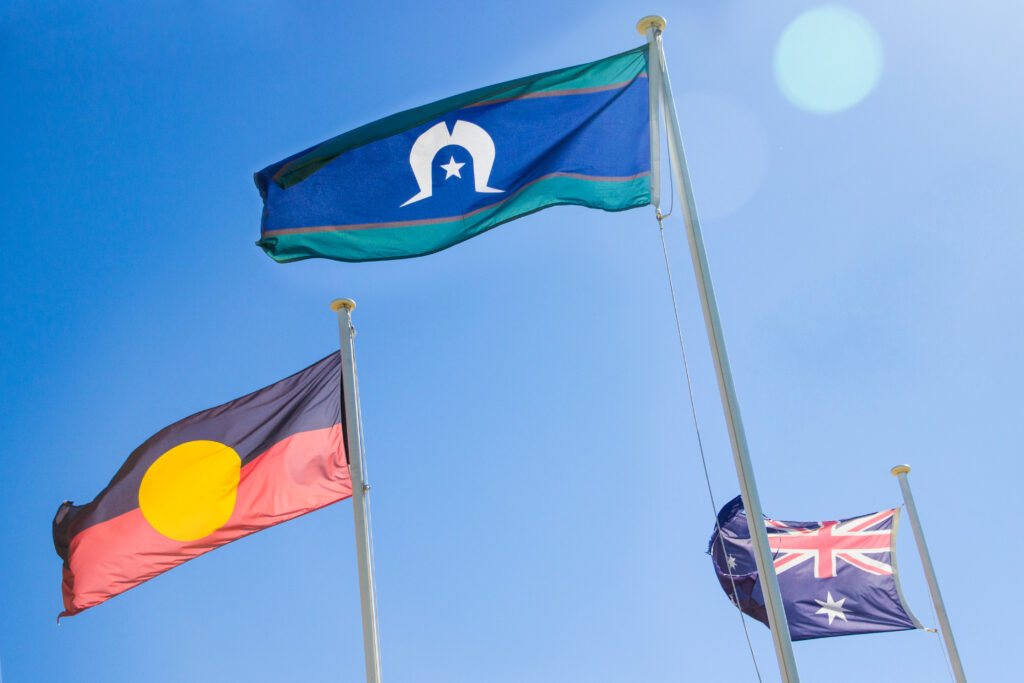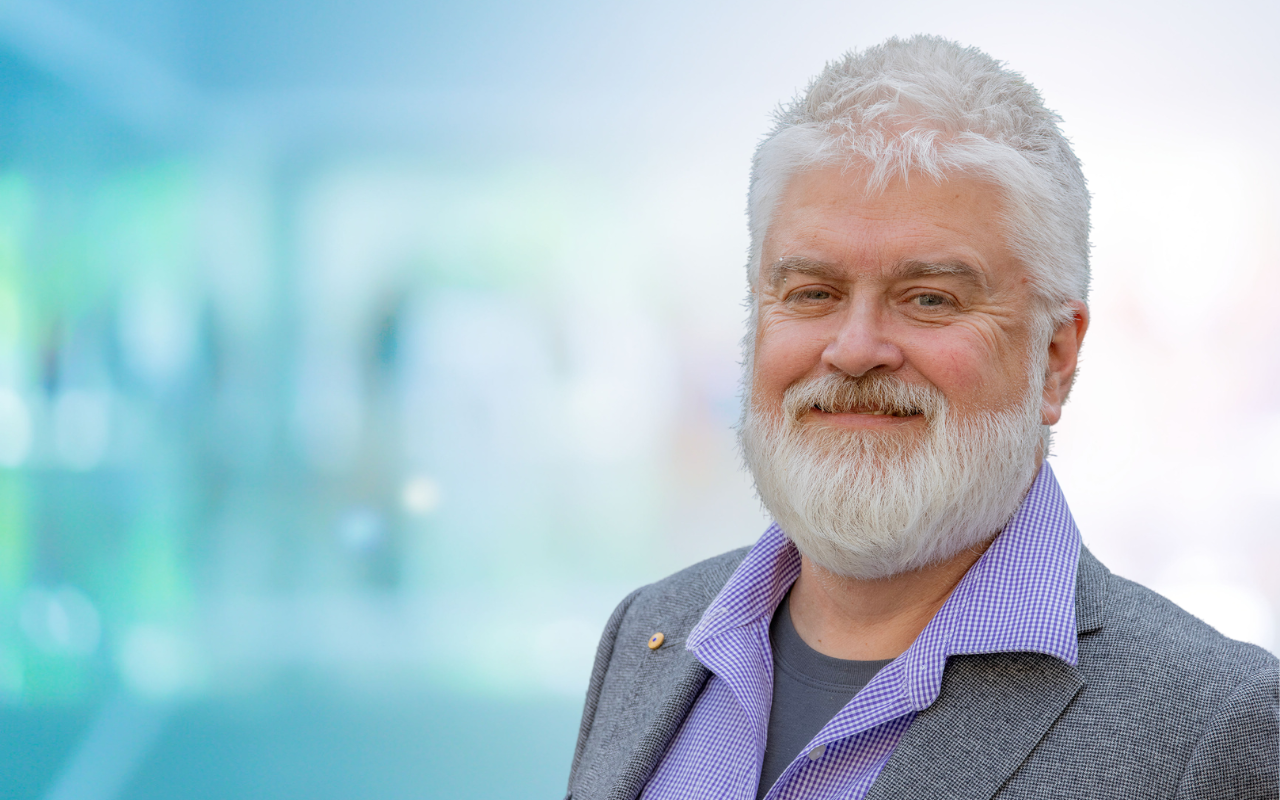An Indigenous Voice to Parliament does not guarantee outcomes, but it does provide a stronger platform through which governments can work more effectively with Indigenous Australians at a regional and national level.
On 14 October 2023, Australians will vote in a referendum that recognises Indigenous Australians in the constitution and enshrines an Indigenous Voice to Parliament.
I will be voting yes on 14 October.
I am palawa (Tasmanian Aborigine). I was the first palawa to graduate in medicine. I became a public health physician with a PhD in the social sciences. I have worked for much of my career in Aboriginal and Torres Strait Islander health and education.
Over my career, I have been privileged to be involved in national policy making that resulted in significant improvements in Indigenous health care and contributed to improved Indigenous health outcomes.
However, I believe there is more work to be done in Indigenous health and across all the social and cultural determinants of health.

I have worked with Indigenous Australians who have significant local community experience in Indigenous health care as well as Indigenous health experts. It has been my experience that engagement with Indigenous voices is a key to improving services and policies.
Sadly, some Australian governments have been reluctant to accept Indigenous advice. The current “No” campaign appears to reject this important principle.
The journey to change the constitution began in 2007. Then Liberal Prime Minister John Howard called for Australia’s First Peoples to be recognised in the Australian Constitution.
In response to this, the late Indigenous leader Dr Yunupingu argued that constitutional reform should strengthen Indigenous rights and address the disadvantage experienced by Aboriginal and Torres Strait Islander people.
Over 16 years, Indigenous Australians walked with successive governments from both sides of Parliament on the journey towards constitutional recognition. This journey has overseen the establishment of an expert panel, two parliamentary inquiries, a Referendum Council (here).
Despite these efforts, many conservative politicians would not accept the inclusion of actual or inferred rights in the Constitution. In the hope of bringing them along on the journey, Indigenous leaders came up with a compromise position to enshrine the principle of an Indigenous Voice to Parliament.
A codesign process for the Voice was led by Professors Tom Calma and Marcia Langton. It engaged with 9400 Indigenous and non-Indigenous people and organisations and provided more than 270 pages of detailed advice.
Governments that don’t listen to Indigenous voices can make significant errors in policy or legislation.
As an example, In 2022, the Stronger Futures agreement between the Commonwealth and Northern Territory governments ended. This ended a regime of alcohol restrictions in towns such as Alice Springs (here).
For over a year, Aboriginal community leaders and experts warned of the need for urgent action to maintain these alcohol restrictions. They feared a rise in crime and a decrease in community safety.
Neither the Northern Territory nor the federal government took this advice. A year later, the restrictions were lifted and Alice Springs was in crisis as a result (here). Politicians scrambled to undo their failure to take the advice of local Indigenous leaders.
There is more to the crisis in Alice Springs than alcohol supply. It requires a focus on a range of issues such as access to domestic violence services or addressing poverty and improving educational outcomes. However, to see change, it is important to continue to engage with the voices of Indigenous people on the ground and Indigenous experts in this area of public health.
I believe that there is evidence that shows that when Indigenous voices are involved in the development of policy and programs, they can improve outcomes in education, housing, childcare or justice (here and here).
As a very recent example, the incidence of coronavirus disease 2019 (COVID-19) was significantly less – by a factor of six – among Indigenous Australians compared with non-Indigenous Australians (here). This reversal of the gap was recognised to result from the early engagement of Indigenous people and organisations, at a national and local level, in the COVID-19 pandemic response.
However, the relatively higher rates of severe infection among Indigenous Australians during the Omicron phase of the pandemic were most likely due to the higher burden of chronic disease in Indigenous Australians.
I had the privilege of leading, for three years, the negotiations for the Australian Government that led to the 2020 National Agreement to Close the Gap in Indigenous outcomes (here). I was a public servant and represented the views of the Australian Government.
The Australian Government together with state and territory governments agreed to bring Indigenous voices to the decision-making table through a Coalition of Peaks.
The Coalition of Peaks represented local Indigenous services from across sectors such as justice, housing, childcare, employment and education. As such, even thought it was not a health agreement, this final agreement did address the social and cultural determinants of Indigenous health.
The Coalition of Peaks argued that an approach based on targets was not strong enough. They argued for reform priorities that included addressing racism, improving access to mainstream health services, and improving Indigenous control of data.
The agreement we ultimately landed built on Indigenous capability and strengths to avoid a narrow focus on Indigenous deficits.
Government alone could not deliver this agreement. It required Indigenous non-government voices to create a stronger agreement.
A Voice does not guarantee outcomes, but it does provide a stronger platform through which governments can work more effectively with Indigenous Australians at a regional and national level.
Expert advice that is evidence-based, informed by data and professional experience is still an important consideration.
Professor Ian Anderson is the Deputy Vice Chancellor (Academic) at the University of Tasmania. He trained as a medical doctor and is a public health physician.
The statements or opinions expressed in this article reflect the views of the authors and do not necessarily represent the official policy of the AMA, the MJA or InSight+ unless so stated.
Subscribe to the free InSight+ weekly newsletter here. It is available to all readers, not just registered medical practitioners.
If you would like to submit an article for consideration, send a Word version to mjainsight-editor@ampco.com.au.

 more_vert
more_vert